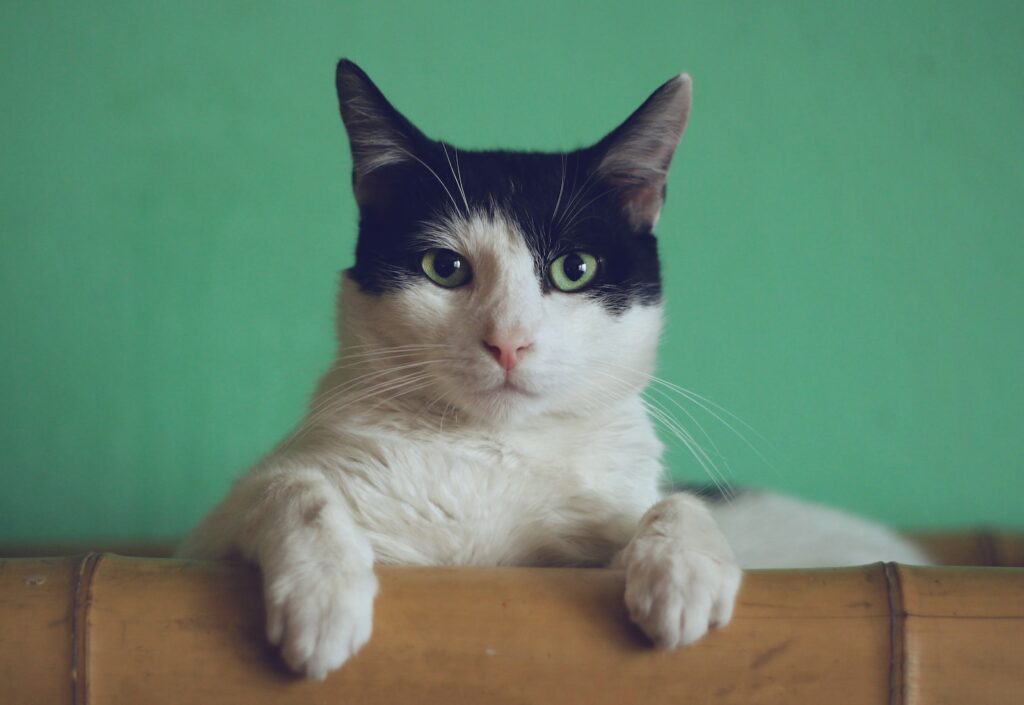Can Cats Eat Crisps? — No, They Can’t
Cats should not be fed crisps as they are not a suitable dietary option for them. Crisps are typically made with ingredients such as potatoes, oil, and various flavorings that are not nutritionally beneficial for cats. While cats may show interest in nibbling on crisps due to their enticing smell and crunchy texture, it is important to prioritize their overall health and well-being.
Can Kittens Eat Crisps?
No, kittens should not be given crisps either. Just like adult cats, kittens have specific dietary requirements that are not met by crisps. Their growing bodies need a balanced diet rich in essential nutrients to support their development. Feeding them crisps can lead to nutritional deficiencies and potentially harm their overall health.
Things to consider when feeding crisps to kittens?
Feeding crisps to kittens should be strictly avoided. Instead, provide them with appropriate kitten food that is specifically formulated to meet their nutritional needs. This will ensure their healthy growth and development without any unnecessary risks.
Nutritional Benefits of Crisps for Cats — Why Cats Can’t Have Crisps
No Nutritional Benefits
Crisps do not offer any nutritional benefits for cats. They lack the essential nutrients, vitamins, and minerals that cats require for optimal health. Cats are obligate carnivores, and their diet should primarily consist of high-quality animal-based proteins.
Potential Health Risks
Feeding cats crisps can lead to various health issues. The high salt content in crisps can cause sodium imbalances in cats, leading to dehydration, increased thirst, and potential kidney problems. Additionally, the artificial flavorings, preservatives, and seasonings in crisps may be harmful to cats and can upset their digestive system.
Potential Allergies: Can Cats Be Allergic to Crisps?
Cats can potentially be allergic to crisps. The specific ingredients used in crisps, such as artificial flavorings, preservatives, or even certain spices, can trigger allergic reactions in some cats. Common symptoms of food allergies in cats include skin rashes, itching, gastrointestinal upset, and even respiratory issues.
Symptoms of Crisps Allergies in Cats
- Itchy Skin: Cats may excessively scratch, lick, or bite their skin due to itchiness caused by an allergic reaction to crisps.
- Gastrointestinal Upset: Cats may experience vomiting or diarrhea as a result of food allergies.
- Respiratory Issues: In severe cases, cats may exhibit difficulty breathing, wheezing, or coughing after consuming crisps.
What to Do If Your Cat Shows Symptoms?
- Consult with a Veterinarian: If you suspect that your cat is experiencing an allergic reaction to crisps or any other food, it is crucial to seek veterinary advice. They can provide a proper diagnosis and recommend the necessary treatments.
- Elimination Diet: In some cases, your veterinarian may suggest an elimination diet to identify the specific ingredient causing the allergies. This involves gradually removing potential allergens from your cat’s diet and reintroducing them one by one to identify the culprit.
- Alternate Treat Options: Instead of crisps, opt for cat-specific treats that are nutritionally balanced and safe for feline consumption.
Recommended Amount: How Much Crisps Can a Cat Consume?
Cats should not consume any crisps as part of their diet. It is important to provide them with a nutritionally balanced cat food that meets their specific dietary requirements. Crisps are considered a non-essential, unhealthy treat, and giving them to your cat can lead to detrimental health effects.
Things to Consider When Feeding Crisps to Cats
Feeding crisps to cats should be strictly avoided. They are high in salt, unhealthy fats, and artificial flavorings, which can have negative consequences on your cat’s overall health. Always prioritize their well-being by sticking to a nutritious, veterinarian-approved diet.
How to Feed Crisps to Cats: A Quick Guide
Feeding crisps to cats is not recommended. However, if you’re looking for alternative treat options that are safe for cats, consider the following:
Tuna Delight Treats
Ingredients:
- Canned tuna in water
- Plain yogurt
- Parsley (optional)
Instructions:
- Drain the water from the canned tuna.
- Mix the tuna with plain yogurt in a bowl.
- Optional: Add a sprinkle of parsley for added flavor.
- Form small bite-sized treats from the mixture.
- Refrigerate for a couple of hours to firm up.
- Offer these homemade treats to your cat in moderation as an occasional treat.
Conclusion
Crisps are not suitable for cats due to their lack of nutritional benefits and potential health risks. It is best to provide your feline companion with high-quality cat food that meets their specific dietary requirements. If you suspect any food allergies or notice adverse reactions, consult with a veterinarian for proper assessment and guidance. Always prioritize your cat’s health and well-being by making informed dietary choices.






